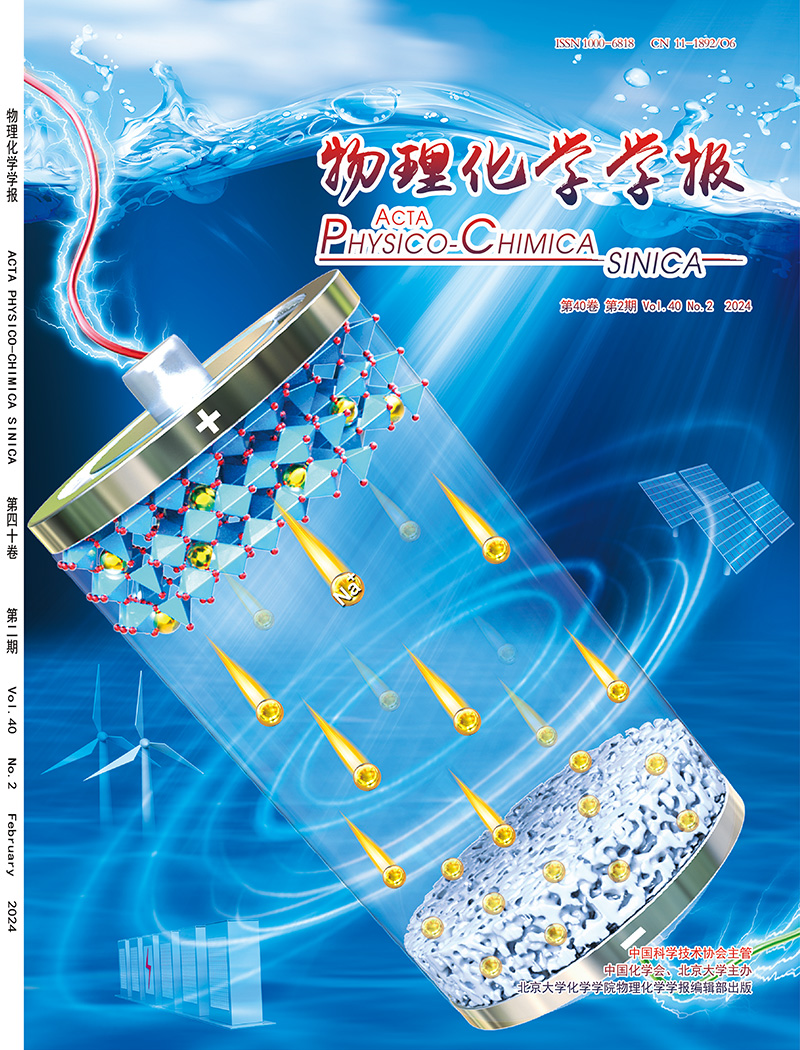Advanced electrode materials in capacitive deionization for efficient lithium extraction
IF 13.5
2区 化学
Q1 CHEMISTRY, PHYSICAL
引用次数: 0
Abstract
Efficient technologies for lithium extraction are progressively pivotal in response to the growing requirement for lithium in new energy applications. However, due to its high energy consumption and possible secondary pollution problems, traditional lithium absorption and recovery technologies, are limited in practical application and development. Capacitive deionization (CDI) demonstrates significant potential for lithium extraction with regard to efficiency, cost-effectiveness, and energy consumption. This review commences with bibliometric analysis to dissect the key research topics of lithium extraction via CDI, and presents a complete synopsis of recent advances in electrode materials for lithium extraction using CDI technology, along with various types of CDI systems that utilize these materials. This study elucidates in detail the main electrode materials used in CDI systems for lithium resource recovery —— aqueous lithium ion electrode materials (including LiFePO4, LiMn2O4, LiNi1/3Co1/3Mn1/3O2) and their modification materials (including carbon nanotubes, graphene, MOFs). In addition, this paper discusses the improvement of lithium extraction efficiency through different CDI systems and evaluates the capability of various advanced electrode materials in these systems. The end of the paper emphasizes the application potential of machine learning in the domain of lithium extraction via CDI. The study is anticipated to deliver a strong theoretical basis and practical recommendations for advancing efficient lithium extraction systems that utilize CDI.

高效锂萃取电容去离子的新型电极材料
高效的锂提取技术在应对新能源应用中对锂日益增长的需求方面日益重要。然而,传统的锂吸收和回收技术由于其高能耗和可能的二次污染问题,在实际应用和发展中受到限制。电容去离子(CDI)在锂提取效率、成本效益和能耗方面显示出巨大的潜力。本文从文献计量学分析入手,剖析了利用CDI提取锂的关键研究课题,并全面概述了利用CDI技术提取锂的电极材料的最新进展,以及利用这些材料的各种类型的CDI系统。本研究详细阐述了用于锂资源回收的CDI系统的主要电极材料——含水锂离子电极材料(包括LiFePO4、LiMn2O4、LiNi1/3Co1/3Mn1/3O2)及其改性材料(包括碳纳米管、石墨烯、mof)。此外,本文还讨论了不同CDI体系对锂萃取效率的提高,并对各种先进电极材料在这些体系中的性能进行了评价。文章最后强调了机器学习在CDI锂提取领域的应用潜力。预计该研究将为推进利用CDI的高效锂提取系统提供强有力的理论基础和实践建议。
本文章由计算机程序翻译,如有差异,请以英文原文为准。
求助全文
约1分钟内获得全文
求助全文

 求助内容:
求助内容: 应助结果提醒方式:
应助结果提醒方式:


